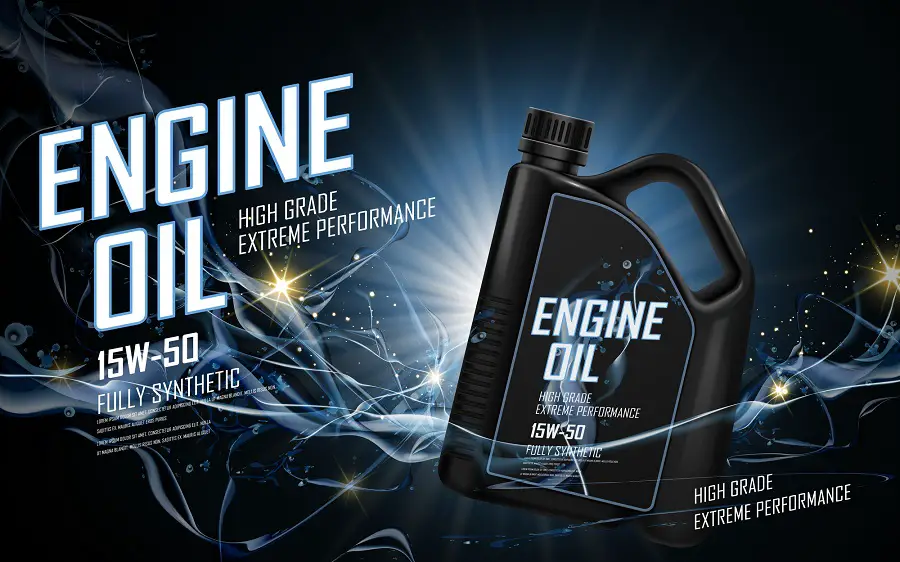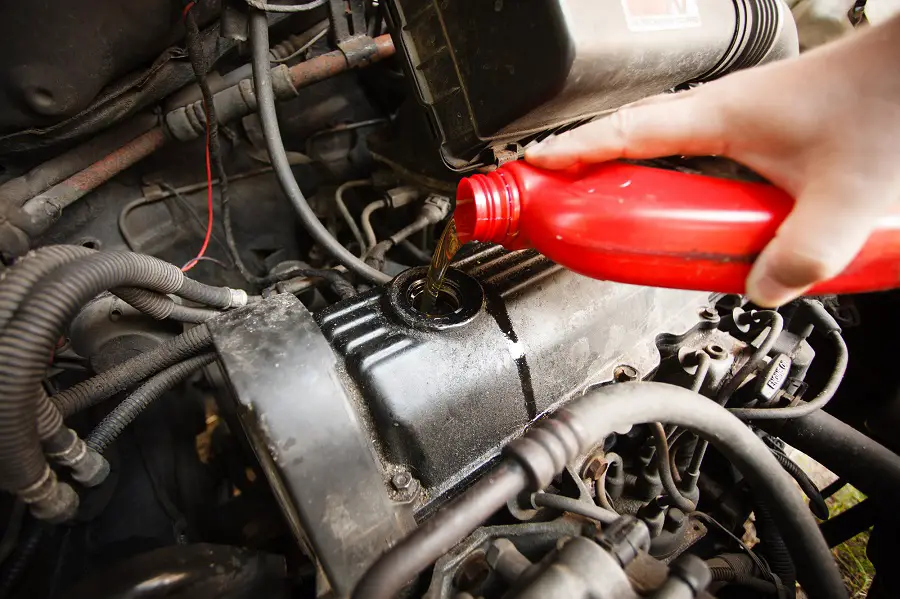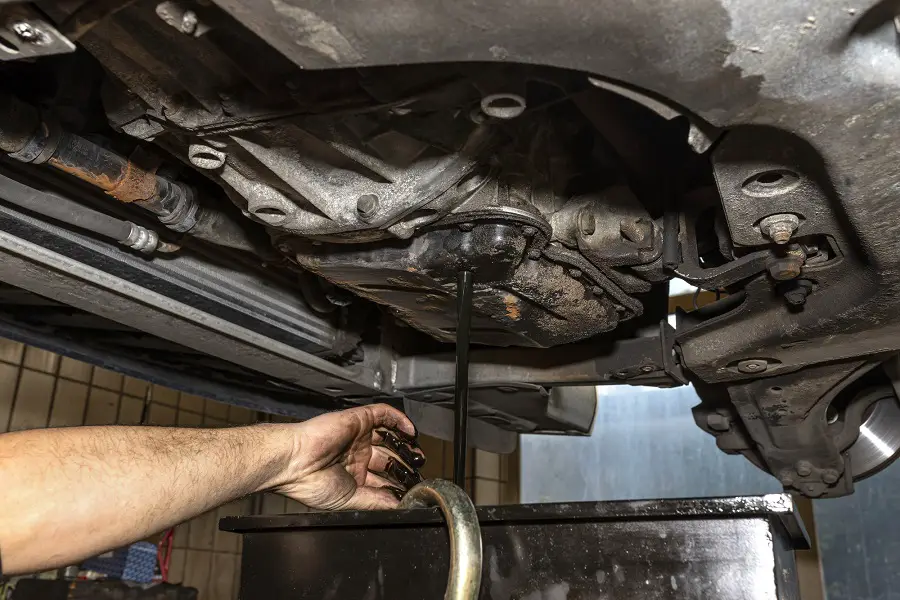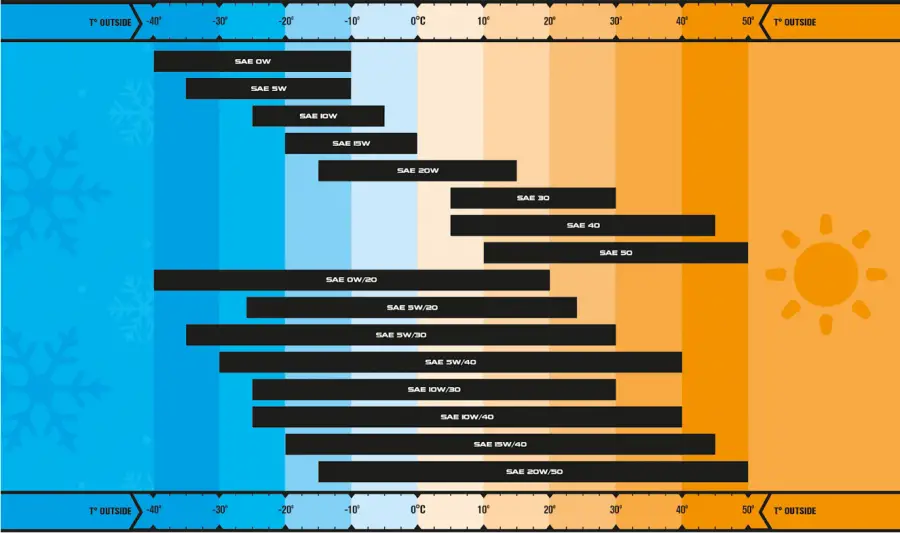One of the first tools I purchased when I moved out on my own was a cheap hydraulic bottle jack.
The thing worked for a few months at best. It leaked jack oil all over the floor and never pumped to the advertised height.
What I didn’t know about my little bottle jack was that I had loosened the oil filler plug too far and jack oil had spilled all over the ground (I found the pool in the corner of the garage a year later).
I didn’t know it could be refilled with hydraulic jack oil, that there were different hydraulic oil viscosity grades, or even how to troubleshoot a floor jack at the time. My mechanic skills were at the n00b level! So I threw it away.
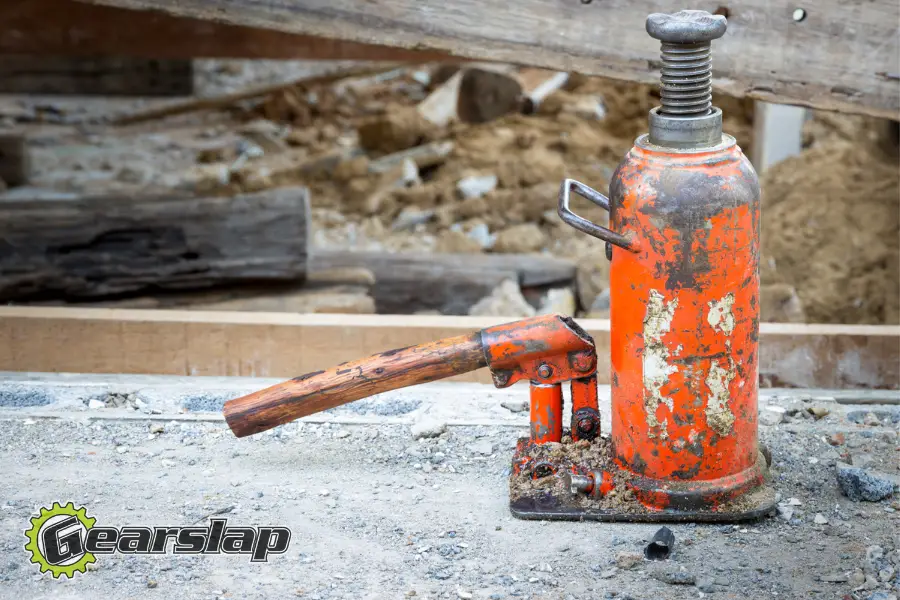
Had I known a few things about hydraulic jack fluids, I would have had a better outcome.
If you want to know all about hydraulic jack oil, there is endless information, including what it is, what types are out there, and how to determine what type of oil your hydraulic jack needs in order to maintain performance and safety precautions.
Hydraulic oil is non-compressible because it is meant to maneuver large machinery with significant weight limits.
What Kind of Fluid Does a Hydraulic Jack Take?
The fluid you put into your hydraulic jack must be an oil-based or water-based fluid that can maintain stability with hydraulics and weight shifting significantly. It should have qualities such as being fireproof and the ability to filter itself for long periods.
Most hydraulic jack oils will also have anti-wear properties, allowing it to lift heavy objects over and over. They have heavy work to do so the oils must meet the demands.
What do the Numbers Mean on Hydraulic Oil?
With all the different numbers listed on the oil, it is important to understand what they mean so that you get the correct oil for your hydraulic jack. These numbers indicate the thickness level of the oil’s viscosity when it reaches a certain temperature.
We have a good explanation of oil viscosity here for motor oil, but it applies equally to all types of oil.
This means that the higher the number, the more viscous it becomes, thickening in texture.
Which Hydraulic Oil is Thicker, 32 or 46?
Because the viscosity level is also related to the thickness, you can expect a more solid oil with the 46 grade than the 32. This thickness is considerably thicker and should only be used for heavyweight jacks that will be using excessive weight limits at any given time. It is important for your jack’s performance that you are using the appropriate hydraulic oil and the correct grade for thickness.
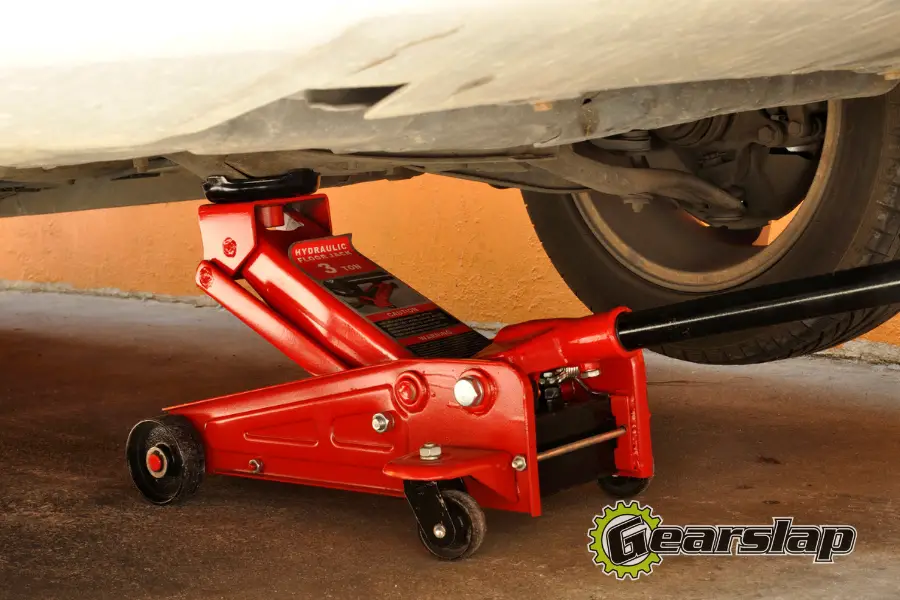
What is the Best Oil to Use in a Hydraulic Jack?
The best oil that you can use in your hydraulic jack is hydraulic oil specified for this equipment and viscosity needs. There are three different grades of hydraulic oil and they are the following:
- 32
- 46
- 68
Depending on the size of your hydraulic jack, the amount of weight it can use, and the type of work it does regularly will determine what type of oil you should be getting. There are also two different oil types in these grades. the R&O and also the AW. The R&O hydraulic oil is referencing rust and oxidation while the AW is for anti-wear. Both are able to protect and prevent damage in the equipment. However, the AW is often considered to be a more premium hydraulic oil. if you do not need premium for your equipment, then R&O will work just fine.
How do I Know What Hydraulic Oil to Use?
You need to see what type of hydraulic oil is required to operate your hydraulic jack. This information is listed on the equipment with the recommended oil grade and type that should be used. If you are not able to find it listed and do not have a manual on the equipment, you can contact the manufacturer or see what other hydraulic jack brands are using in similar models.
Do Jacks Come With Oil?
When you first purchase your hydraulic jack, there is most likely no oil in them. This is due to them needing to be transported and delivered. Once they are assembled and ready for use, you will need to get some hydraulic oil and fill your jack. Keep in mind that you only need to do this once every two or three years. Hydraulic oil has a long lifespan and does not need to be changed as often as other oil types.
Hydraulic Oil Substitutions
If you do not have access to hydraulic oil, there are some substitutions and some oils that you should steer clear of. Not all oils are made the same and can cause more damage than you think.
Motor Oil
The oil used for your vehicle motor has nowhere near the appropriate viscosity levels needed for your hydraulic jack. This oil will not allow the hydraulic jack to perform and is a safety concern if you are using it with motor oil
Power Steering Fluid
If you do not have any other hydraulic oil on hand for your jack, power steering fluid is a good substitute in your shop. It is already hydraulic and can temporarily produce the viscosity levels the jack needs.
Transmission Fluid
Like power steering fluid, transmission fluid can be used in the place of hydraulic oil. It is a hydraulic fluid and can work for a little while. The biggest concern with using transmission fluid, however, is that the seals can break down quicker because of how the transmission fluid foams under pressure.
Brake Fluid
It is not okay to use brake fluid in your hydraulic jack just because it is also hydraulic in nature. This subtype of hydraulic oil is not able to maintain the high temperatures needed for the jack and can pose a safety risk. Consider using the other options like transmission or power steering fluid before brake fluid.
What Happens if Hydraulic Oil is Too Thick?
If you use a hydraulic oil in your jack that is too thick, then the pump may not be able to get the oil it needs when being used. Too much operation with super thick oil can create an empty space in your jack, which compromises its integrity and safety.
Will I Ruin a Hydraulic Jack if I Use the Wrong Oil Weight?
If you use the wrong oil weight for your hydraulic jack and the oil is too thin, it will start to leak and can compromise the integrity of the jack. Like too thick of oil, this can leave unwanted empty spaces in your jack and compromise safety and performance.

